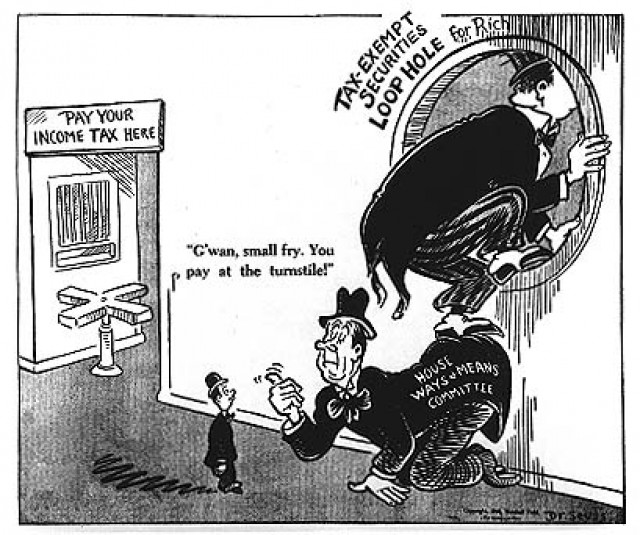In City Journal, Matthew Hennessey reports the unbelievable news that Shane McGowan is still alive:
They say God takes care of fools and drunks. If so, he’s been working overtime the last few decades taking care of Shane MacGowan. As the frontman and principal songwriter of the Irish rock band the Pogues, MacGowan is as famous for his lyrics and whiskey-timbered voice as for his unlikely longevity, despite a Homeric appetite for intoxicating substances, especially, but not limited to, alcohol. Though he cuts a shambolic figure, MacGowan is still upright at 56, a feat many view as a minor miracle. His rheumy eyes and distinctive throat-clearing cackle suggest not genius, necessarily, but late-stage dipsomania; there is nary a tooth left in his head. God or something like God must be taking care of MacGowan. He’s not been doing the job himself.
Throughout the 1980s and 1990s, reports of MacGowan’s impending demise were so frequent that English author Tim Bradford felt compelled to write a book called Is Shane MacGowan Still Alive? No one, not even MacGowan, takes talk of his mortality seriously anymore. “For the last 35 years I’ve supposed to have been dead in six months,” he has said. “But when all these bastards say you’re going to be dead in six months it tends to give you an incentive not to be. . . . Let’s face it, I’ve got a charmed life. I’m a lucky bastard, know what I mean?”
Whether luck, God, or some combination of the two is responsible for MacGowan’s Promethean tolerance for self-abuse, he has nonetheless been deservedly celebrated for the vivid originality of his songwriting, for which he has often been called Ireland’s greatest living poet. Indeed, his best writing evokes the poetry of William Blake, whose claim that “the road of excess leads to the palace of wisdom” has served as a road-map for MacGowan’s public career. “If you’re asking whether drink and drugs have worked for me,” he told an interviewer in 1994, “I’ve got to say they have. I’m one with William Blake on this one. Drink and drugs and all that shit, it’s a short cut to the subconscious.”
Fans and critics could be forgiven for thinking that MacGowan’s subconscious is a place of darkness, an insane asylum, a prison cell, or a congress of libertine Irish nationalists and saucy fair maidens groping their way toward alcoholic oblivion like Earth-bound fallen angels. But it is also a religious bouillabaisse of Celtic paganism, Catholic mysticism, and “drunken Zen.”
A perfect description: “Listening to the Pogues is like getting a punk-rock telegram from Brendan Behan.”



 The Minnesota Vikings have been active in the free agency market — uncharacteristically so, according to some fans — and have addressed some of the most glaring needs through re-signing key free agents of their own and picking up other teams’ free agents as well. Before free agency started, the team ranked almost last in every meaningful defensive metric (points given up, yards given up, etc.), and defensive collapses at the end of several games almost literally made the difference between going to the playoffs in 2012 and finishing in the cellar in 2013. A rational drafting policy would have been to use the draft to plug many of the leaks, but instead the team has used free agency to patch most of them so that — with one big exception — they’re free to take the best available player in the draft.
The Minnesota Vikings have been active in the free agency market — uncharacteristically so, according to some fans — and have addressed some of the most glaring needs through re-signing key free agents of their own and picking up other teams’ free agents as well. Before free agency started, the team ranked almost last in every meaningful defensive metric (points given up, yards given up, etc.), and defensive collapses at the end of several games almost literally made the difference between going to the playoffs in 2012 and finishing in the cellar in 2013. A rational drafting policy would have been to use the draft to plug many of the leaks, but instead the team has used free agency to patch most of them so that — with one big exception — they’re free to take the best available player in the draft.


